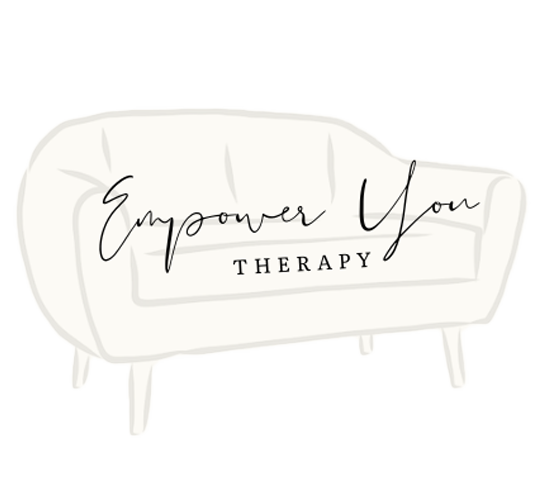Living in Utah, with its unique cultural and environmental factors, can influence mental health challenges like Obsessive-Compulsive Disorder (OCD). The expectations for perfection and adherence to community standards can exacerbate feelings of anxiety and lead to the development or worsening of OCD symptoms. Fortunately, effective treatment options exist for individuals struggling with this condition. Approaches like Acceptance and Commitment Therapy (ACT), Exposure and Response Prevention (ERP), and Internal Family Systems (IFS) provide robust frameworks for managing and overcoming OCD. In this blog post, we’ll delve into these approaches, their effectiveness, and how they can aid in the recovery process.
Acceptance and Commitment Therapy (ACT)
ACT is a mindfulness-based therapy that empowers individuals to accept their thoughts and feelings rather than trying to control or avoid them. This approach is particularly useful for those with OCD, as it allows clients to confront the anxiety associated with their obsessions without feeling compelled to engage in compulsive behaviors. Through ACT, clients learn to identify their core values and commit to actions that align with those values, even in the presence of distressing thoughts.
Research indicates that ACT can lead to significant reductions in OCD symptoms and improvements in overall psychological flexibility. A study published in PMC PubMed Center found that clients who underwent ACT experienced substantial improvement, with 79% of participants showing a reduction in their OCD symptoms after treatment.
Exposure and Response Prevention (ERP)
ERP is considered one of the most effective and evidence-based treatments for OCD. This form of cognitive-behavioral therapy involves gradually exposing clients to the situations or thoughts that trigger their obsessions while guiding them to resist the accompanying compulsive behaviors. Over time, this process helps to desensitize clients to their triggers, allowing them to reduce their anxiety and break the cycle of compulsion.
Numerous studies support the efficacy of ERP in treating OCD. Research has shown that approximately 60% of individuals undergoing ERP experience a significant reduction in symptoms, making it one of the first-line treatment options recommended by mental health professionals. This success rate highlights how powerful this approach can be in reclaiming control for those struggling with OCD.
Internal Family Systems (IFS)
IFS offers a unique perspective on the internal struggles individuals face, viewing the mind as composed of different “parts” that each hold their emotions and beliefs. For clients with OCD, this approach helps them identify and understand the various internal voices that may contribute to their obsessions and compulsions. By fostering self-compassion and encouraging clients to connect with their different parts, IFS allows individuals to view their OCD symptoms as aspects of themselves that need care rather than as defining traits.
Studies have shown that integrating IFS with traditional OCD treatments can enhance overall therapeutic outcomes. Clients who engage with IFS often report greater emotional resilience and clarity, further supporting their recovery journey. This holistic approach is valuable for those seeking a deeper understanding of themselves, making it an effective treatment option in the realm of OCD treatment in Utah.
Conclusion
As you explore various approaches for overcoming OCD, consider working with an OCD therapist in Utah who is skilled in ACT, ERP, and IFS. The effectiveness of these treatments lies in their ability to empower individuals to confront their fears, embrace their feelings, and cultivate resilience in the face of adversity. With the right support and strategies, you can navigate your path toward healing and reclaim a fulfilling life free from the constraints of OCD. Embrace the journey, and remember that support is available every step of the way.
If you’re reading this and don’t have a therapist already, consider meeting with our expert OCD therapist in Utah, Nelson Lee, today! If you’re ready to take the next step and meet with one of our therapists, reach out here!
Therapist Draper
Therapist Draper. Counseling in Draper Utah, Counseling Draper







